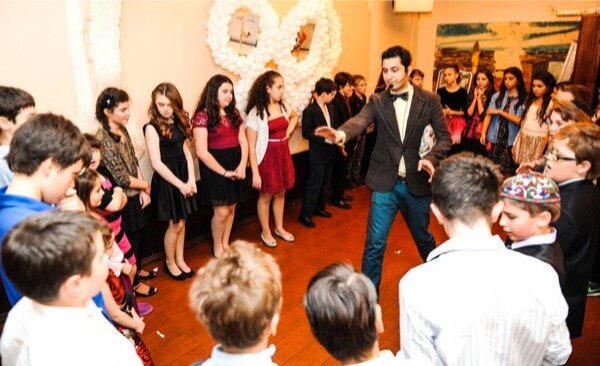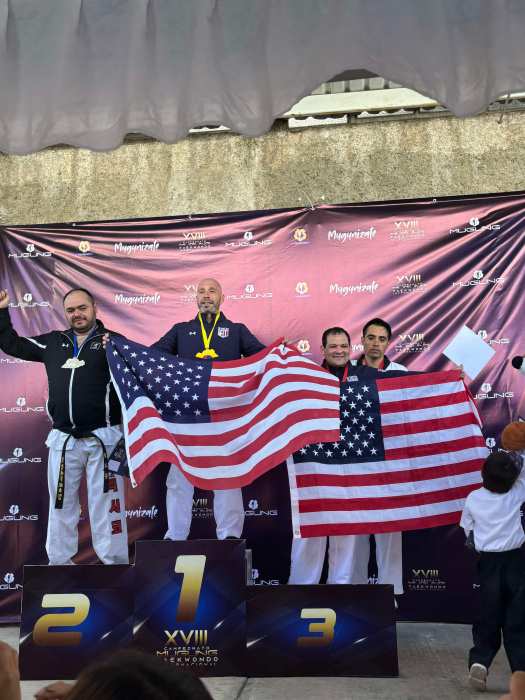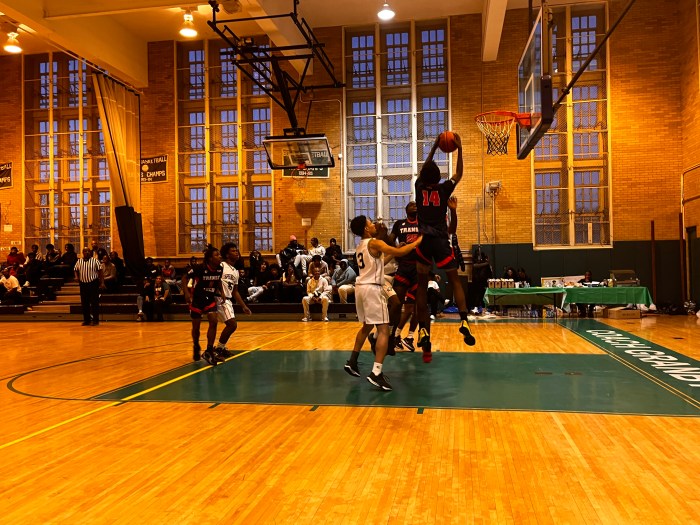By Shanna Fuld
At the end of June, the Bukharian Teen Lounge in Forest Hills shut down its programming for teens in the community who used its social and educational services. The lounge provided an opportunity for teens to learn to acclimate to American society with other students of similar Central Asian backgrounds and language.
Some students were born in the United States and some were first generation Americans born to immigrant parents. While the program started with the goal of helping to engage teens after the school day ended, it become integral for the development and integration of teens who had trouble adjusting to American society.
Community leaders are saying the closing of the program could be a detriment to the Bukharian enclave’s progress.
The lounge was subsidized by the JCCA organization, formerly known as the Jewish Child Care Association. Last week in an interview, Sandy Katz, the vice president of services for the Jewish Community, told the TimesLedger said since client need in the Bukharian community had decreased, the board had to assess the program’s future and ultimately decided to cut it as funds for the program were not available.
Manashe Khaimov is the former director of Bukharian youth services for the lounge at 64-05 Yellowstone Blvd. He said the program grew out of a 1953 district attorney request to get kids off the streets, but that today there is a different issue for Bukharian youth who inherited a centuries-old culture from the former Soviet Republic of Uzbekeistan.
“I think you are an immigrant as long as you’re still in survival mode trying to accomplish something and your parents are always pulling you back,” Khaimov said.
He mentioned that in the Bukharian Jewish community, oftentimes parents don’t allow their children to go away to college and fear what America can offer.
For the young generation “the mind-set is [I want to be American,” he said. “The reality is that they are not that comfortable because of things like media. Movies- you make a reference and everyone is laughing. My parents were showing me Russian cartoons. These are the things that matter.”
Khaimov said there are other places for students to go like the Central Queens Y, which lumps all students together, whereas the Bukharian Teen Lounge was a segue into American culture where students could feel at ease.
Rafael Nektalov, the editor-in-chief of the Bukharian Times, sat on the board of the teen lounge. He pointed out that the problem with synagogues and yeshivas serving as community centers is that these places are religious. The teen lounge offered programs to all types of students, Orthodox Jews, secular Jews and any other Central Asian teens.
The Teen Lounge worked with children without asking questions about their backgrounds and everyone was welcome, he said.
Simkha Khavasov, 23, was one of the original members of the lounge. Today he is a graduate of Pace University and working as a nurse at Westchester Medical Center. He said he was only able to afford Pace by taking advantage of a scholarship he received through the JCCA at the teen lounge. His first exposure to the medical field was at an internship in a hospital with a mentor whom he currently calls for advice.
“Everyone used to go to the Bukharian teen lounge after school. We used to go straight there to eat, hang out and play pool,” Khavasov said. “What also made a huge difference for our summers were the job opportunities they used to have. That would include Sunday leadership classes and we got paid from the JCCA instead of bumming around at the park. We used to make contacts that I still use till this day. That’s why I am calling it a necessity.”
A more recent Teen Lounger, Gabriella Zargarova,18, will be entering Queensborough Community College in the fall. She said she became active in the lounge in her sophomore year of high school, creating sports programs for girls since the teams were oriented to the boys. She referred to herself as a “quiet little girl” in her first year. Khaimov, the lounge director, even helped her take her first trip away from her parents.
“He finally broke through to my mother and got me to go away for three days. We got to lobby in Washington, D.C. and I’m so glad it happened,” Zargarova said. “My group lobbied against the Common Core. And now because of that I can go on Birthright (a 10-day tour of Israel). That was a very big step for me because my family is traditional and don’t let the girls go away. My parents would never let me go away to college. My brother went away to college for five years.”




































